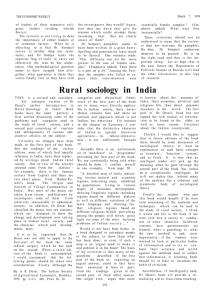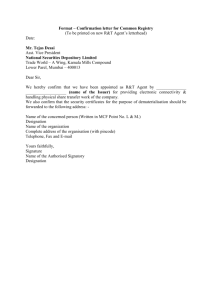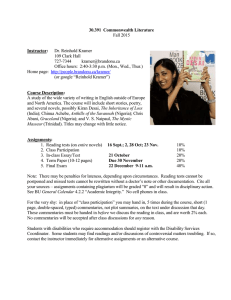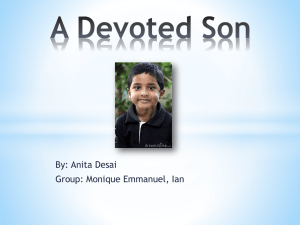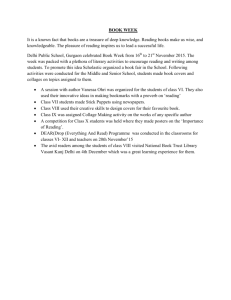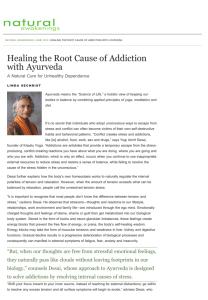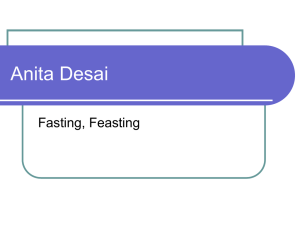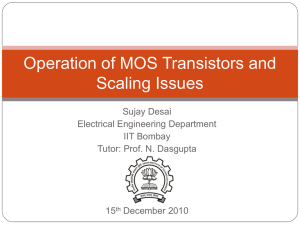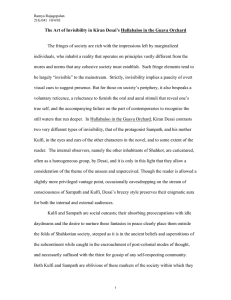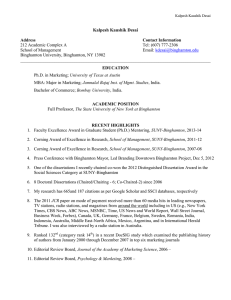Cry,the Peacock
advertisement
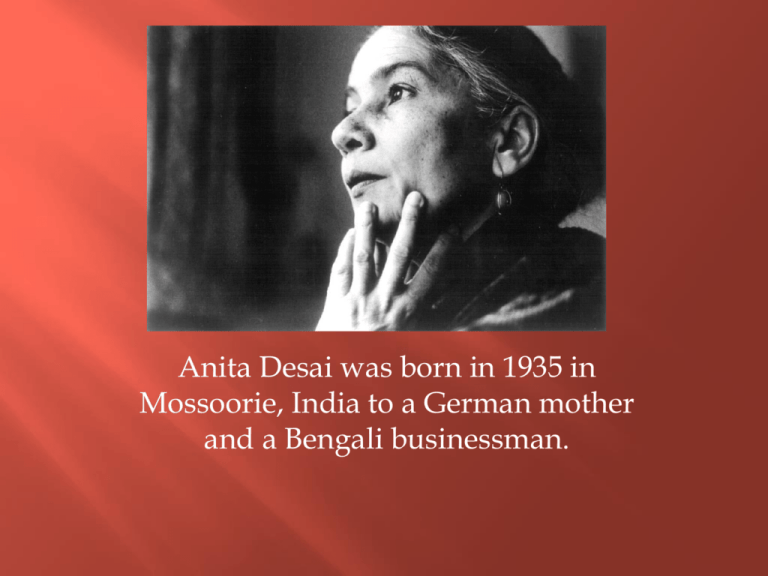
Anita Desai was born in 1935 in Mossoorie, India to a German mother and a Bengali businessman. She grew up speaking German at home and Bengali, Urdu, Hindi and English at school and in the city streets. Although German is her first language she did not visit Germany until later in life as an adult. She first learned to read and write in English at school and as a result English became her "literary language". She began to write in English at the age of seven and published her first story at the age of nine. She was a student at Queen Mary's Higher Secondary School in Delhi received her B.A. in English literature in 1957 from the University of Delhi. In 1958, she married Ashvin Desai, the director of a computer software company and author of the book: Between Eternities: Ideas on Life and The Cosmos. They have four children, including Booker Prize-winning novelist Kiran Desai. Her first book, Cry,the Peacock was published in England in 1963, and her better known novels include In Custody (1984) and Baumgartner's Bombay (1988). She once wrote: "I see India through my mother's eyes, as an outsider, but my feelings for India are my father's, of someone born here" (Griffiths). She only writes in English. Desai is considered the writer who introduced the psychological novel in the tradition of Virginia Woolf to India. Included in this, is her pioneer status of writing of feminist issues. she says, her writing is realistic Her fiction has covered themes such as women’s oppression and quest for a fulfilling identity, family relationship and contrasts, the crumbling of traditions, and anti-Semitism. Desai considers Clear Light of Day, her most autobiographical book, because she was writing about her neighborhood in Delhi, although the characters are not based on her brothers and sisters. She had wanted to start the book at the end and move backwards Her first book, Cry,the Peacock was published in England in 1963, and her better known novels include In Custody (1984) and Baumgartner's Bombay (1988). She once wrote: "I see India through my mother's eyes, as an outsider, but my feelings for India are my father's, of someone born here" (Griffiths). She earned her Bachelors of Arts Degree from Delhi University in 1957. Since 1963 writer; Purington Professor of English, Mount Holyoke College, 1988-93 professor of writing, Massachusetts Institute of Technology, 1993— her novels are not populated by heroic characters, whether male or female, at least in the traditional sense. Her protagonists are marked by a certain passivity and have been criticised as being swept away by historical and social forces rather than being able to face and control them. In spite of the heroic nuances of these survivals, Desai’s characters often meet tragic endings Theme: Dramatic Irony-- how good things that you wish for have a dark underside. It also shows how modern life has changed India. The story is about duty and devotion 1. Why does Varma's perception of his son change? 2. Who do you find more sympathetic, Varma or Rakesh? Explain why. 3. What do you think is the lesson that Desai is trying to get across in the story? Do you believe conflict is unavoidable?
